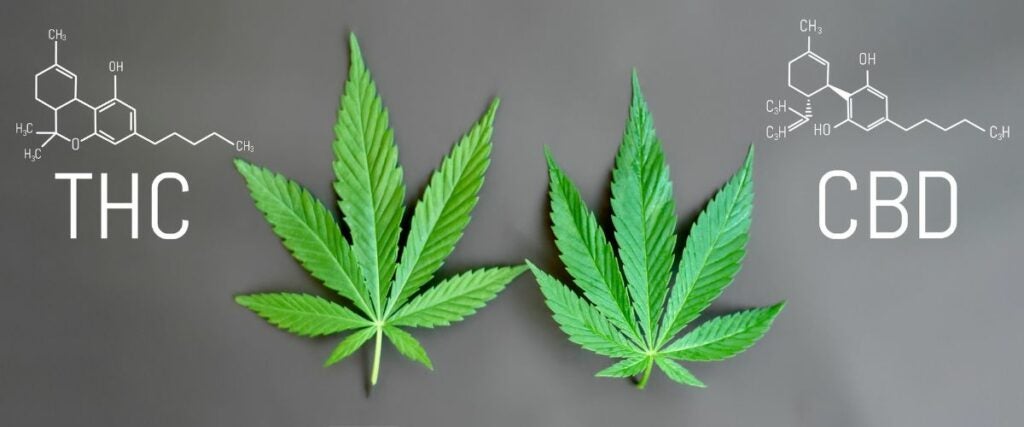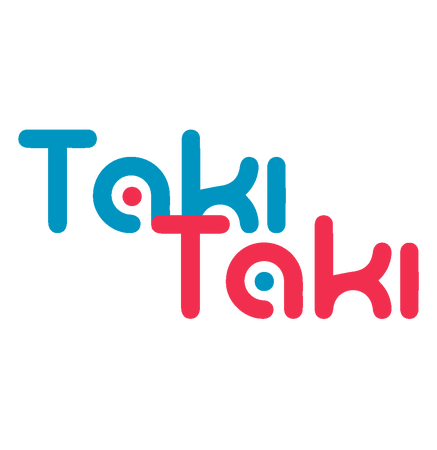- No Products In The Cart
- start shopping
Discover the Medical Benefits of Hashish – Therapeutic Uses and Research

Discover the Medical Benefits of Hashish – Therapeutic Uses and Research
Hashish, a concentrated cannabis product derived from marijuana plants, has been harnessed for its medicinal properties for centuries. With a growing interest in alternative medicine, the medical benefits of hashish have become a subject of discussion and research. In this article, we will delve into the history, active compounds, medical benefits, and potential side effects of hashish, as well as its current legal status and future prospects.
Historical Perspective
Ancient Times
The use of hashish can be traced back thousands of years, with ancient civilizations in regions such as China, India, and the Middle East using it for medicinal and spiritual purposes. It was believed to have therapeutic properties that could treat various ailments, including pain, gastrointestinal disorders, and mental health issues.
Modern Times
More recently, the medical use of hashish and other marijuana products has become increasingly popular, fueled by the growing scientific research supporting their therapeutic potential. This has led to the development of pharmaceutical-grade hashish, hash oil, and cannabis-derived products, providing patients with standardized and regulated treatment options.
Cannabinoids and Their Effects
Cannabinoids are the active compounds found in cannabis plants that contribute to their therapeutic effects. Two of the most well-researched and prominent cannabinoids are:
THC
Delta-9-tetrahydrocannabinol (THC) is the primary psychoactive compound in cannabis, responsible for the “high” users experience with recreational use and high concentration levels in marijuana products. However, THC also offers a variety of medical benefits, such as pain relief, anti-inflammatory effects, and appetite stimulation.
CBD
Cannabidiol (CBD) is a non-psychoactive compound that has gained attention for its extensive therapeutic properties. Studies have shown that CBD provides anti-inflammatory, analgesic, anxiolytic, and neuroprotective effects, making it a valuable option for treating various medical conditions without the psychoactive effects associated with THC.

8 Medical Benefits of Hashish
Hashish, with its high levels of cannabinoids such as THC and CBD, has been found to have several therapeutic benefits for various medical conditions. Some of the notable benefits include:
1. Pain Management
Hashish has been widely used for pain management, thanks to its analgesic and anti-inflammatory effects. It can help alleviate chronic, neuropathic, and pain associated with various medical conditions like cancer, arthritis, and fibromyalgia. The concentrations of THC and CBD in hashish work together to provide relief from pain while minimizing the psychoactive effects of cannabis.
2. Nausea and Vomiting
THC, a primary component of hashish, has been proven effective in treating nausea and vomiting associated with chemotherapy. This makes it a valuable option for cancer patients undergoing treatment, as it can help improve their quality of life and enable them to tolerate chemotherapy’s side effects better.
3. Increased Appetite
Hashish can stimulate appetite, which can benefit individuals with conditions like HIV/AIDS or cancer, where weight loss and malnutrition are common concerns. Patients can maintain healthier body weight and improve their overall well-being by increasing their appetite.
4. Mental Health
Hashish has been shown to have potential benefits for mental health conditions such as anxiety, depression, and PTSD, thanks to its anxiolytic and mood-stabilizing properties. The presence of CBD in hashish helps to counteract THC’s potentially adverse psychological effects, allowing patients to experience the therapeutic benefits without experiencing heightened anxiety or altered perception of time.
5. Neurological Conditions
CBD, found in hashish, has been shown to have neuroprotective effects, making it a potential treatment option for neurological conditions like epilepsy and Parkinson’s disease. Research has shown that CBD can help reduce seizure frequency and severity in patients with epilepsy while alleviating symptoms like tremors and muscle stiffness in those with Parkinson’s disease.
6. Multiple Sclerosis
Hashish can help alleviate the symptoms of multiple sclerosis, such as muscle spasms, pain, and inflammation, improving the quality of life for those affected by this condition. The cannabinoids in hashish work together to relieve these symptoms, with THC helping to reduce pain and muscle spasms, and CBD assisting in managing inflammation.
7. Glaucoma
Some research has suggested that hashish and other marijuana products can help lower intraocular pressure in individuals with glaucoma, leading to vision loss. By reducing the pressure in the eye, hashish may help slow the disease’s progression and maintain the patient’s vision.
8. Inflammatory Bowel Disease (IBD)
Hashish has shown promise in helping manage the symptoms of inflammatory bowel diseases like Crohn’s disease and ulcerative colitis. CBD’s anti-inflammatory effects and THC’s pain-relieving properties can help alleviate abdominal pain, cramping, and inflammation associated with these conditions.
It’s important to note that while the medical benefits of hashish are promising, more research is needed to understand its full potential better and to establish standardized dosing guidelines for different conditions. Patients considering using hashish for medical purposes should consult a healthcare professional to determine the appropriate treatment course and monitor potential side effects.
Potential Side Effects
Even though hashish offers various medical benefits, it’s essential to be aware of its potential side effects. Some common side effects people may experience include dizziness, dry mouth, an increased heart rate, and short-term memory impairment. Long-term effects of using hashish could involve an altered perception of time and a higher risk of drug abuse. As a result, it’s crucial for patients to collaborate closely with their healthcare providers in determining the right dosage and monitoring any adverse effects, particularly when using high doses.
Current Legal Status in Canada
In Canada, the legal status of hashish and other marijuana products has evolved. In 2001, Canada was the first to create a federal medical marijuana program, enabling patients with specific medical conditions to access cannabis for therapeutic purposes. Later, in 2018, the Cannabis Act began legalizing recreational cannabis use, including hashish, nationwide.
The Cannabis Act allows adults aged 18 or 19 (depending on the province or territory) and older to legally purchase and possess up to 30 grams of dried cannabis or its equivalent in other forms, such as hashish. To access medical cannabis, including hashish, patients need a prescription from a qualified healthcare professional through the medical marijuana program.
It’s important to note that despite cannabis being legal in Canada, certain regulations and restrictions apply to its use. For example, driving under the influence of cannabis is illegal, and public consumption laws differ by province or territory. Moreover, cannabis product production and sales are tightly regulated to ensure quality and safety standards adherence.
Canadians must remain aware of and follow the specific cannabis laws and regulations in their province or territory when considering the medical or recreational use of hashish.

Future of Medical Hashish
As research delves deeper into the therapeutic potential of hashish and its cannabinoids, our understanding of its medical applications will likely grow, leading to increased acceptance within the medical community. This could result in the development of new cannabis-derived medications and more widespread legalization of medical hashish and other marijuana products worldwide.
Final Thoughts
Hashish has an extensive history of medicinal use, and modern research is increasingly validating its therapeutic potential for various conditions. With its wide range of medical benefits and growing acceptance, the future of medical hashish seems promising. However, staying informed about possible side effects, long-term effects, and legal restrictions is essential when considering its use.
If you’re interested in exploring the medical benefits of hashish and other marijuana products, we invite you to visit Taki Taki, your trusted online source for high-quality cannabis products. Our team of experts can assist you in selecting the right products tailored to your specific needs, ensuring a secure and effective experience. Uncover the healing potential of hashish and improve your quality of life by shopping our high-quality hash today.
FAQs
What is the difference between hashish and marijuana?
Hashish and marijuana both come from cannabis plants. However, hashish is a concentrated form made from the resin of the plant, while marijuana is composed of dried flowers and leaves.
Is hashish addictive?
While the risk of addiction to hashish is lower than other substances, some individuals may develop a dependence, especially with heavy or long-term use.
Can hashish be used in combination with other medications?
Hashish may interact with certain medications, so discussing its use with a healthcare professional before combining it with other treatments is essential.
How is medical hashish consumed?
Medical hashish can be consumed in various ways, including smoking, vaporizing, or ingesting it as an edible or oil. The method of consumption can impact the onset and duration of its effects.
Do I need a prescription for medical hashish?
In jurisdictions where medical hashish is legal, a prescription or recommendation from a qualified healthcare professional is typically required.
